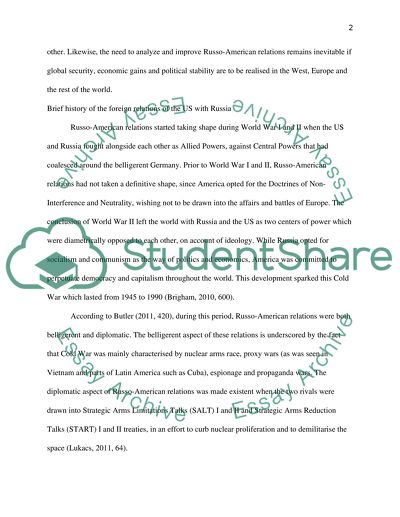Cite this document
(“A report on the foreign policy of the United States towards Russia Essay”, n.d.)
A report on the foreign policy of the United States towards Russia Essay. Retrieved from https://studentshare.org/history/1459733-a-report-on-the-foreign-policy-of-the-united
A report on the foreign policy of the United States towards Russia Essay. Retrieved from https://studentshare.org/history/1459733-a-report-on-the-foreign-policy-of-the-united
(A Report on the Foreign Policy of the United States towards Russia Essay)
A Report on the Foreign Policy of the United States towards Russia Essay. https://studentshare.org/history/1459733-a-report-on-the-foreign-policy-of-the-united.
A Report on the Foreign Policy of the United States towards Russia Essay. https://studentshare.org/history/1459733-a-report-on-the-foreign-policy-of-the-united.
“A Report on the Foreign Policy of the United States towards Russia Essay”, n.d. https://studentshare.org/history/1459733-a-report-on-the-foreign-policy-of-the-united.


